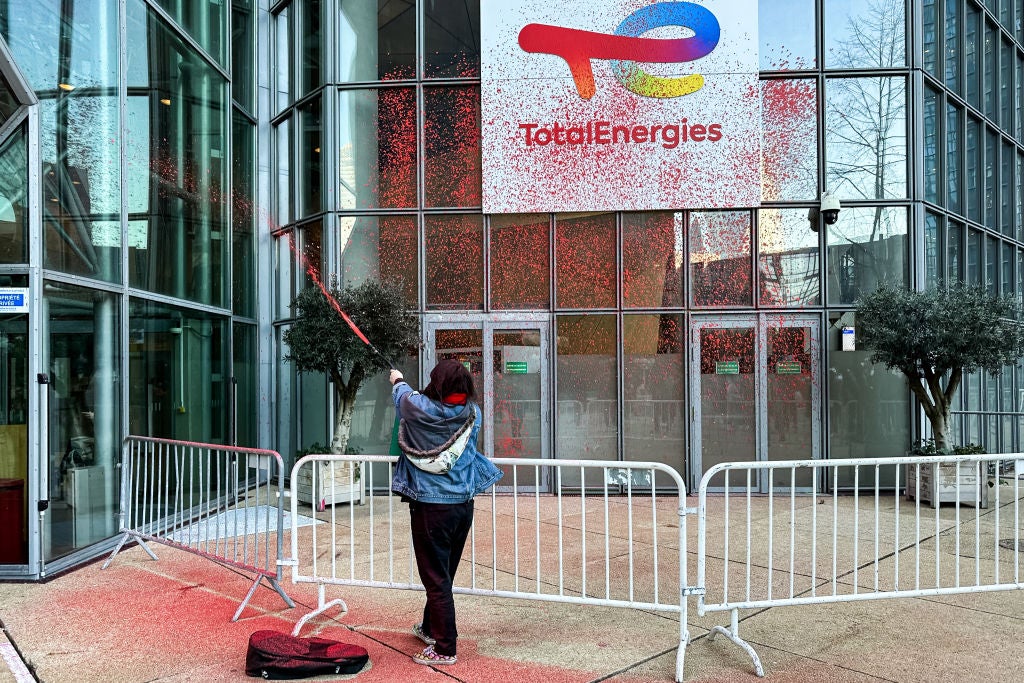
Institutional Shareholder Services (ISS), an influential proxy adviser, has recommended that investors in oil giant TotalEnergies back an activist shareholder resolution calling for tougher action on emissions reductions, the Financial Times reports.
The recommendation to vote in favour of the non-binding resolution adds weight to demands made within the motion. “The proposed shareholder resolution has some merits, as it identified there is some missing information [that would] provide comfort the [company’s] Scope 3 goals are taking [the] trajectory of the Paris agreement,” ISS said in its note, seen by the Financial Times.
The resolution was put forward by Dutch shareholder activist group Follow This last month with the backing of 17 other investors, making up approximately 1.4% of the company’s capital. Investors said that the French energy major’s 2030 emissions targets are far out of line with the ambitions of the Paris Climate Agreement, which seeks to limit global warming to below 1.5C. The resolution calls for the company to be more aggressive in cutting its Scope 3 emissions by 2030.
Follow this founder Mark van Baal said at the time: “We’re dealing with companies that don’t want to change. Of course, they want to invest a bit in renewable energy, but the bulk is in fossil fuels, and they want to remain oil and gas companies as long as possible.”
The group called the ISS recommendation “a breakthrough”. This year the group has put forward climate resolutions to other oil giants, including ExxonMobil, Chevron, Shell, and BP.
Separately, last week ISS recommended that shareholders reject the Follow This resolution put to Shell shareholders ahead of its annual general meeting on 23 May, although the adviser accepted that the motion has merit.
A rejection of responsibility
The announcement of ISS support for the TotalEnergies resolution comes two weeks after the company announced it would add the resolution to its upcoming AGM, scheduled for 26 May, although it said it would recommend shareholders reject it.
“The proposed resolution does not provide a credible response to the challenges of climate change and would be contrary to the interests of the company, its shareholders and its customers,” a spokesperson for the company said in a statement.
“TotalEnergies does not make airplanes, cars, cement, or steel, but rather supplies energy products that are used or converted by other industries to make products and goods.
“The company therefore cannot be held responsible for the reduction of emissions related to the use of [its] products by its customers,” it said. In March this year, the International Renewable Energy Agency (IRENA) published a report warning of a “dramatic lack of progress” which has led the global energy transition off-track. The report called for a “fundamental course correction” in the energy transition.
Specifically, IRENA suggested that investment in renewable technologies must more than quadruple year-on-year, beginning this year, and continue every year until 2030 if targets set out in the Paris agreement are to be met. It said that by 2050, energy produced from fossil fuels must count for only 5% of global gross electricity generation.







